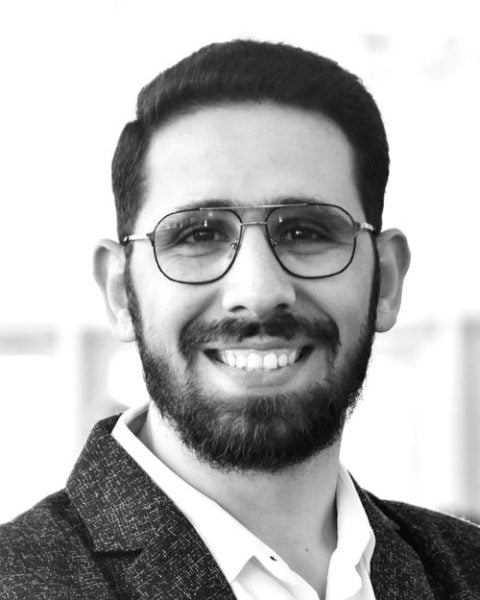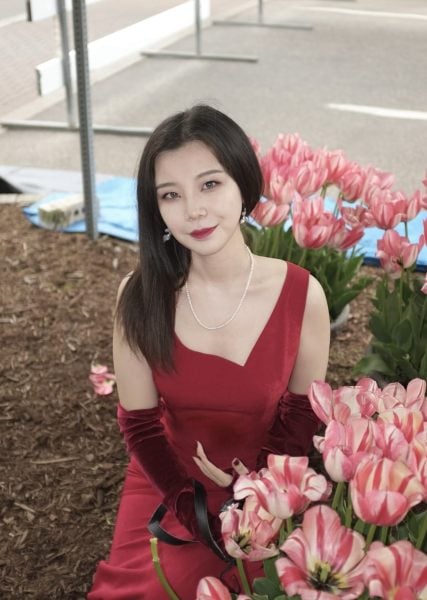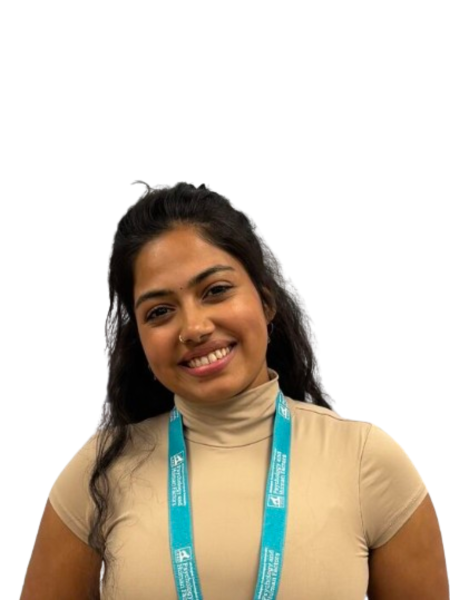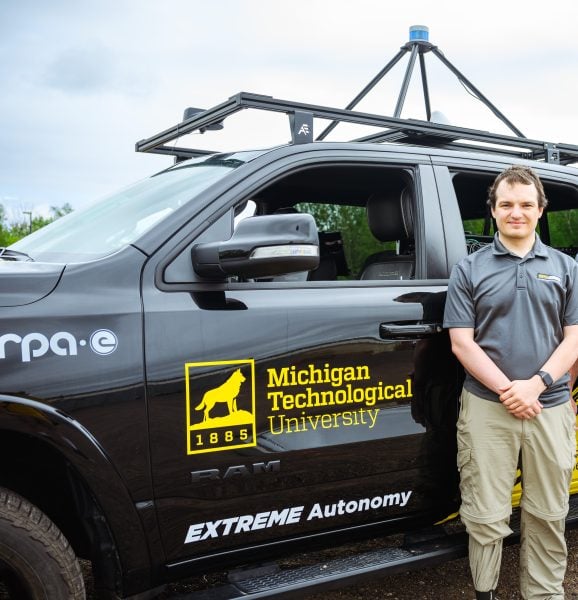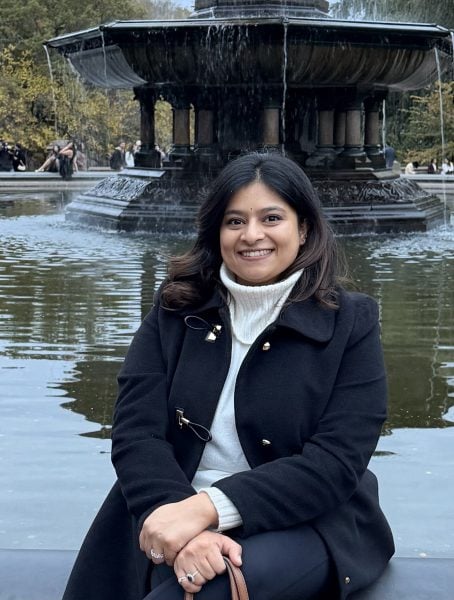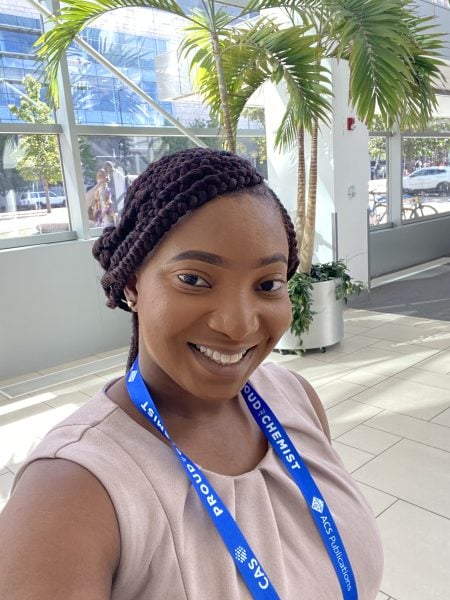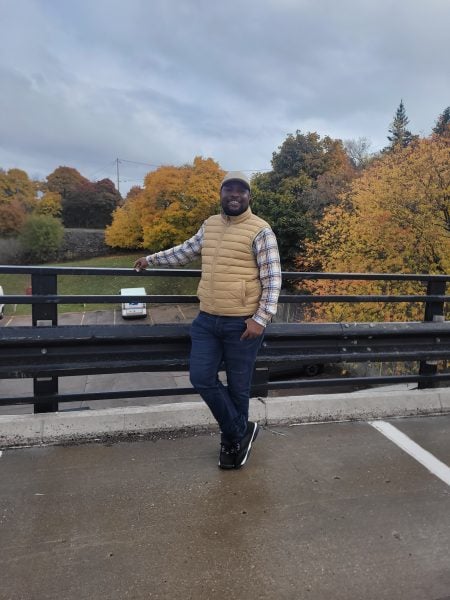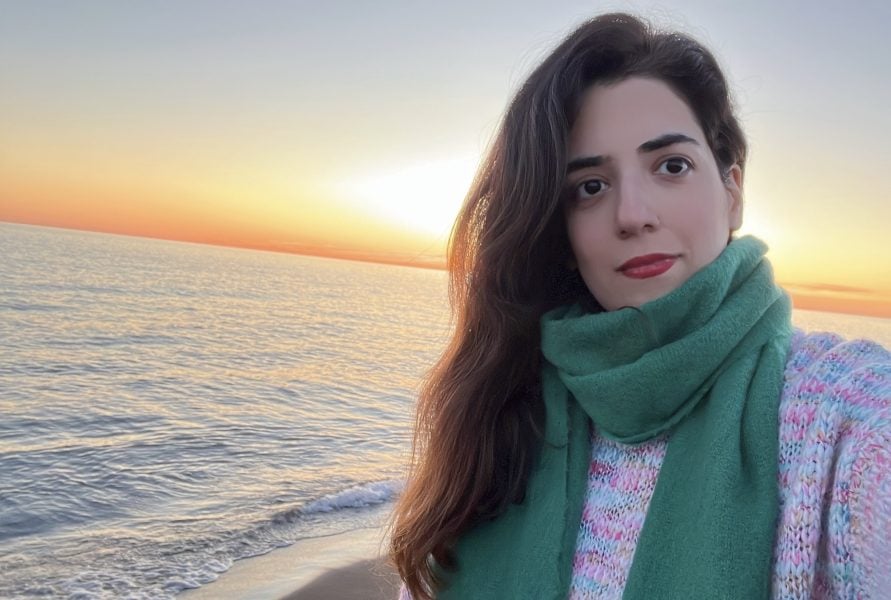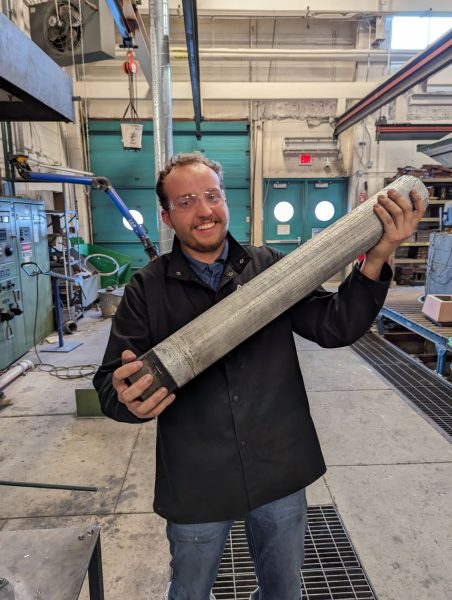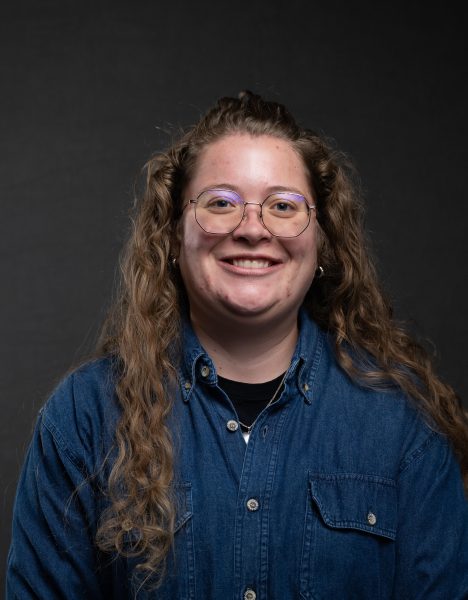
I am honored and grateful to receive the Finishing Fellowship Award from the Graduate School and the Graduate Dean’s Advisory Panel. I thank everyone involved in the decision-making process. This award grants me the time required to complete my dissertation. I would like to thank my advisor Dr. Tarun K. Dam, for his support, guidance, and encouragement throughout my time at Michigan Tech. His dedication to mentoring has contributed greatly to my research and personal growth.
Before starting at Michigan Tech, I completed my B.S in Biochemistry at Lake Superior State University in the Spring 2022. I then began my PhD as a student of the Biochemistry and Molecular Biology program in the Chemistry Department in the Fall 2022. Here I work on method development, protein discovery, and natural product chemistry.
My research entails the discovery and characterization of a new plant protein that has potential use as a clinical tool. In the ‘method development’ project, we are formulating simple yet efficient techniques for biomarker detection. I am also working concurrently on the isolation of clinically relevant natural products from plants.
I am excited to continue building on my knowledge and skills learned here at Michigan Tech. As I approach the completion of my PhD, I look forward to the future ahead. Whether that be a job in industry or academia. I know that the skills and knowledge I have gained while at Michigan Tech will be invaluable for my future journey as a scientist.
